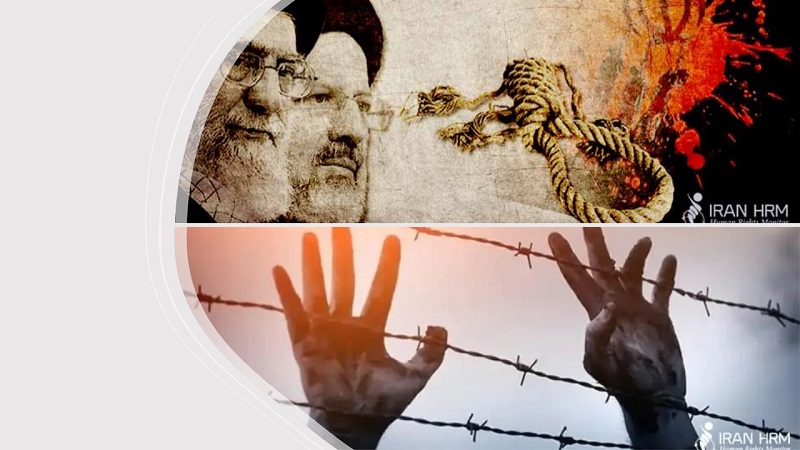
As countries around the world marked International Human Rights Day last week, their attentions turned to the severe human rights situation in Iran and the Iranian regime’s lack of transparency and censorship of information. Violations of even the most basic rights are committed on a daily basis, and this year has seen a rise in these violations at every level.
The Iran Human Rights Monitor (Iran HRM) has called on the international community to condemn the actions of the Iranian regime and hold them accountable for their crimes against humanity and gross human rights abuses.
They urged the UN Secretary-General, the High Commissioner for Human Rights, the Human Rights Council, the UN special rapporteurs, and all the international human rights organizations to take immediate action to stop torture and executions in Iran.
Iran HRM said, “Pressure continued to build up on political prisoners, prisoners of conscience and other prisoners. Many prisoners went on hunger strike to obtain their rights.”
Back in July, violent clashes arose in the Central Prison of Urmia due to the unfair distribution of food by prison guards. This ultimately led to the death of one inmate and 16 others were injured.
In early October, prison authorities at the Greater Tehran Penitentiary hired a number of dangerous criminals to attack political prisoners. Akbar Baqeri, Pouya Qobadi, Shapour Ehsani-rad, Esmail Gerami and Akbar Shirazi were detained in ward 2 and were subjected to the attack, in which the assailants’ used knives and machetes to stab them. Three of the victims were severely injured in the attack and were transferred to the prison’s dispensary.
Iran HRM said, “The Iranian regime continued to practice denial of medical treatment to political prisoners and prisoners of conscience, which is tantamount to torture.”
57-year-old Mohammad Ashtiani, a political prisoner imprisoned in the Central Prison of Karaj, has a heart condition and requires five tablets a day to manage his condition. However, despite his family procuring the medication for him, the head of the prison and prison authorities have denied him access to those medicines.
Iran HRM said, “The clerical regime launched waves of arrests of Kurdish and Arab citizens at different times during 2021. Many of the detained Kurdish citizens are civil and cultural activists in Kurdistan who have been arrested on unspecified charges.”
In the absence of a court order, many of the citizens were arrested and subsequently beaten by law enforcement officials. In a few cases, agents unlawfully searched the homes of those who had been arrested and confiscated some of their belongings.
A number of the citizens were said to have been arrested following Eid-al-Fitr ceremonies, and had been reportedly dancing and chanting in front of the homes of a number of victims of the November 2019 uprising crackdown.
As well as ethnic minorities, religious minority groups were also met with discrimination from the regime, with a number of Baha’i citizens being arrested by security forces and handed down heavy sentences. A number of Christian converts faced lengthy prison sentences, accused of propaganda against the regime.
Seventeen Baha’i citizens faced brutal discrimination during the announcement of the results of the 2021 national entrance exam when their exam papers were disqualified, and they were deprived of continuing their education, all because of their faith.